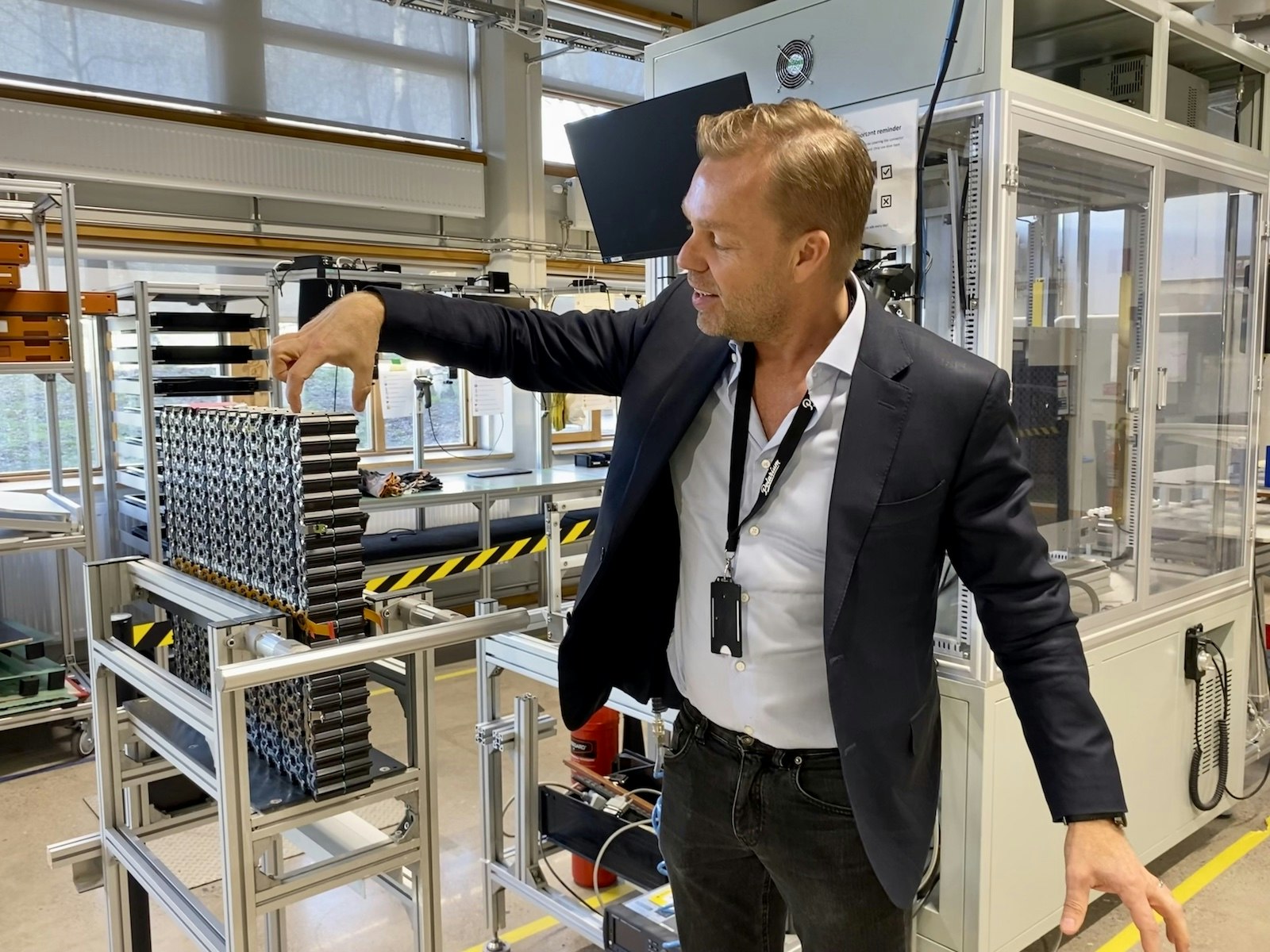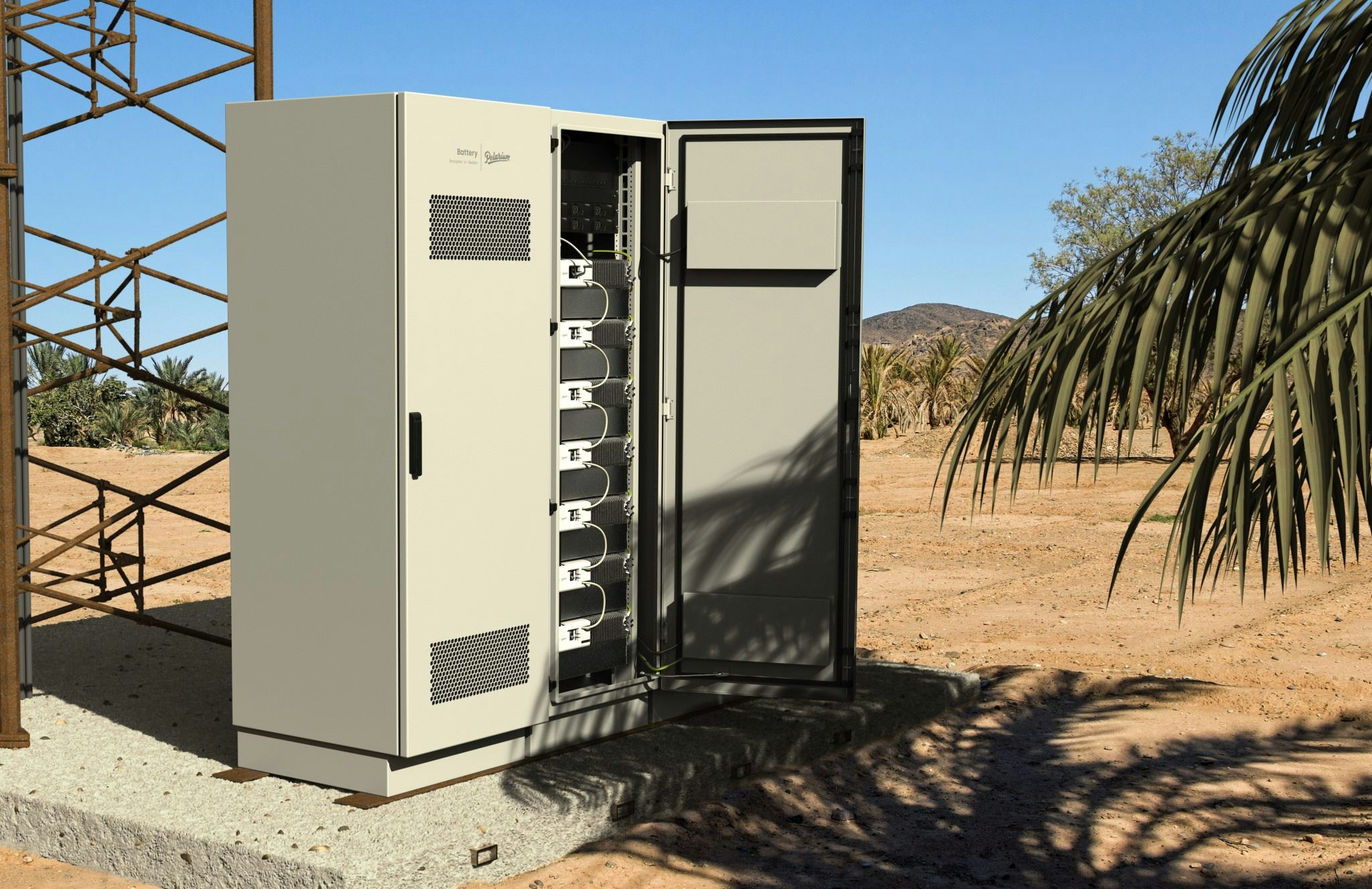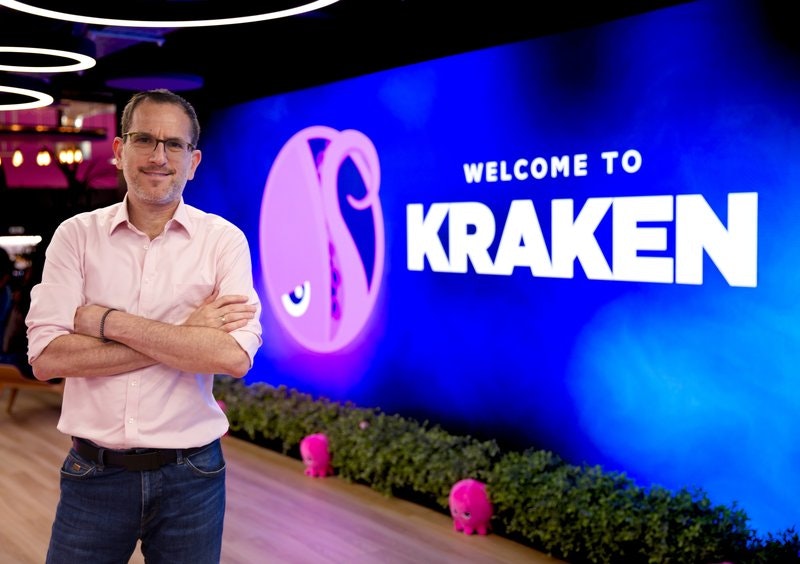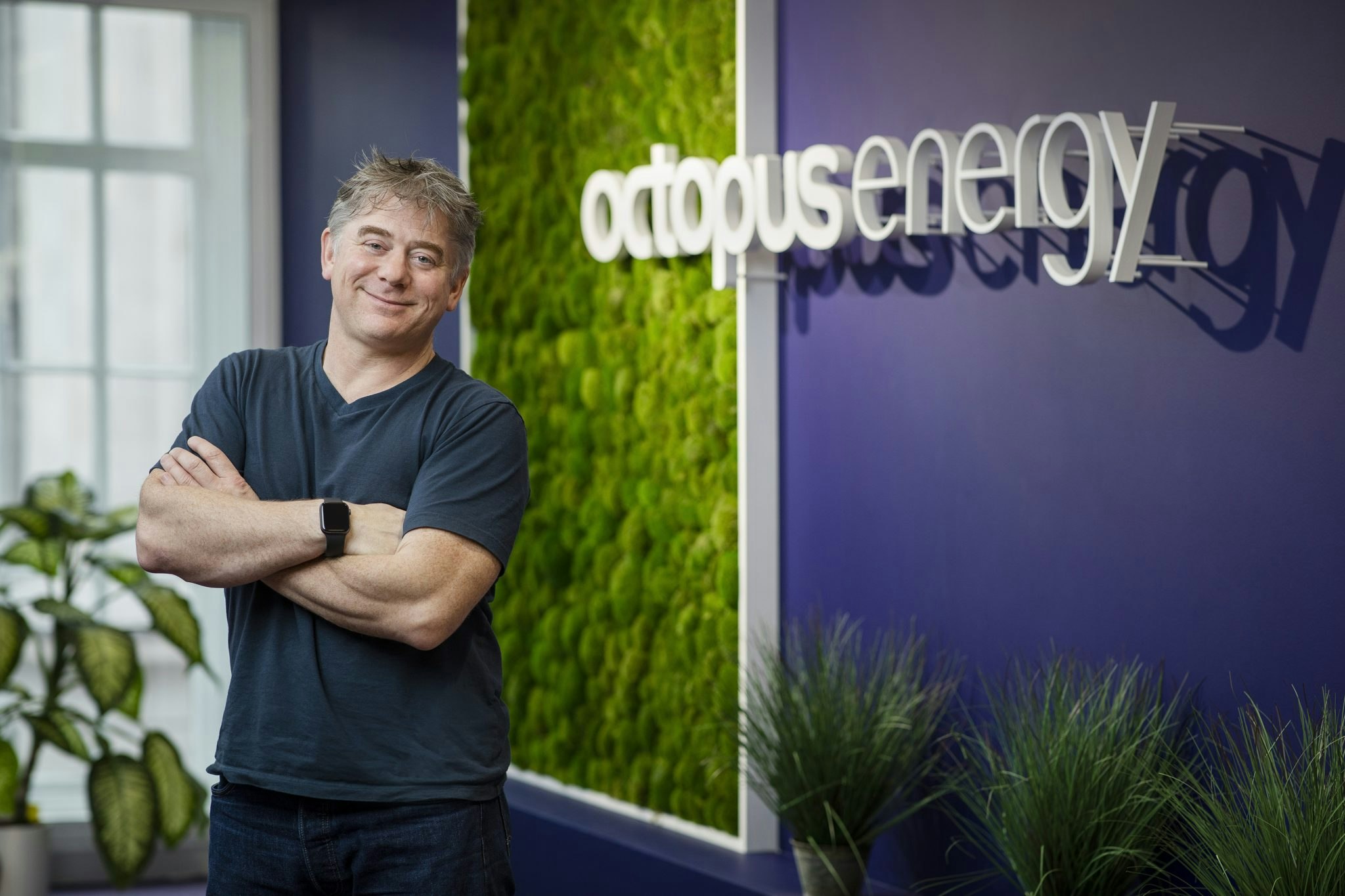Along a basement corridor in the same building where the Swedish secret service has its offices, doors are marked with different colours depending on the voltage risk behind them.
Behind the doors with a red dot tests occur with voltage levels so high we’re not allowed to enter. “I’m not even allowed in there,” says Stefan Jansson, the CEO of Swedish energy storage scaleup Polarium. But in the rooms he can go into, his company is assembling battery cells into modules, setting them up with “state of the art” electronics and software then turning them into ready-to-ship, next-generation energy storage systems.
The tests are being carried out inside Polarium X, the company’s recently opened R&D centre. It’s the latest sign of growth for a unicorn that has somehow managed to mostly slip under the radar.
The technology
Polarium is often described as the twin of Swedish battery manufacturer giant Northvolt. Instead of making batteries, it purchases lithium-ion battery cells and develops commercial solutions for storing renewable energy.
The cells that battery manufacturers deliver to Polarium look similar to the normal, large cylindrical batteries you would buy in a shop. “We believe in a small size like this,” Jansson says and points at a row of cells assembled together.
They are put into battery modules with electronics and software attached, checked to see if they work and later added to wardrobe-like boxes. These are then used by the grid or commercial actors for short-term energy storage, or used for longer-term energy reserves.

Critics, however, argue that lithium-ion batteries are too expensive and need replacing frequently, so aren’t great for storing renewable energy. The way they generate energy is also a challenge.
While most appliances use energy that is AC (alternating current, where the direction of the electrical current switches back and forth at regular intervals or cycles), the energy developed from, for example, solar is DC (direct current, where the flow of charge is always in the same direction). DC is also how energy is stored in a battery, so to use it you need to convert it to AC, which results in a lot of energy loss.
But that’s where Polarium’s breakthrough comes in.
“When you convert from DC to AC, you have losses. But this is one of our USPs — we can do this incredibly efficiently, with only 1% in losses, which makes us state of the art in the market,” says Jansson.“We have also minimised the losses when the energy goes in and out of the battery. This has made us the market leader in turnaround efficiency.”
By storing renewable energy when it's cheap, a supermarket or factory can then use the stored energy when prices are high, when they normally turn to fossil fuels — we’re still dependent on fossil fuels for 80% of stored energy, Jansson says.
In addition to optimising reserve power, Polarium’s solution can be used as a way to save on electricity bills, according to Jansson. “One of the supermarkets we have as a customer was able to cut the costs of its energy by 80%,” he says.
It’s also used as a reserve for national energy grids. When there's a shortage and the grid's only choice is to shut down temporarily — a blackout — there can be contracts in place to use Polarium’s systems set up in different places around the country. The company says the energy grid can access its systems in this scenario in seconds, and within 20 minutes at worst.
From telecom to solving storing energy from renewable sources
Polarium was initially founded with a mission to make industries like telecoms move away from using lead batteries and instead use lithium storage for their energy reserves. The world’s telecom towers use 2-3% of all global energy, and they get their reserve energy from diesel or lead batteries.
Polarium created a system based on lithium-ion batteries that could beat lead batteries on performance, function and lifespan — and at the same time make telecom towers more sustainable.
“One of those towers uses as much electricity as three households, and there are 9m telecom towers in the world,” Jansson says.

It's managed to penetrate the global telecom market and supplied 3% of its reserve energy in 2021, with the aim to reach 13% by end of 2023. But the twin climate and energy crises made it obvious that the product developed for the telecom market had a broader use case: “Now, our market for lithium energy storage solutions is expected to be worth $140bn by 2030,” says Jansson.
Based on the same technology and product, Polarium now has a three-fold offering of battery modules, battery energy storage systems and energy optimisation systems.
Business through and through
Since the company was founded in 2015, Jansson says it has made sure to focus on lucrative deals and had a revenue of just below €100m in 2021, with an operating profit margin of 7.6% — a rarity for a scaleup in batteries, an industry focused on growth.
For many companies, 2023 has meant turning their backs on growth and instead focusing on a path to profitability. But for Polarium, which has raised a total of $147m, it can stick with a focus on growth.
“We always do profitable deals and have done so since the start. We are now investing an incredible amount in our energy optimisation systems to ensure they are at the forefront,” Jansson says.
With more than 600 employees, Polarium has local offices across the globe, with production in Mexico, South Africa and Vietnam and installations in more than 75 markets.
Calling Northvolt its sibling isn't just a way to compare the two businesses — they also share a founding backer, the investor Vargas Holding. And although Northvolt is one of Polarium’s most important partners, Polarium is cell agnostic when it comes to lithium-ion batteries.
“We have requirements when it comes to sustainability and product and it comes down to supply and demand. This is one of our strengths — we are not dependent on anyone,” Jansson says.



